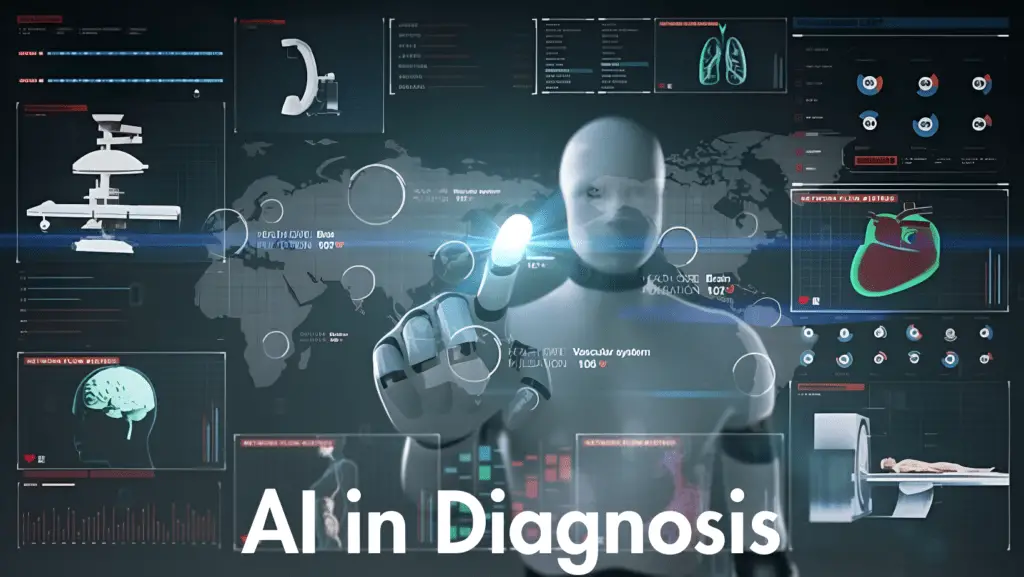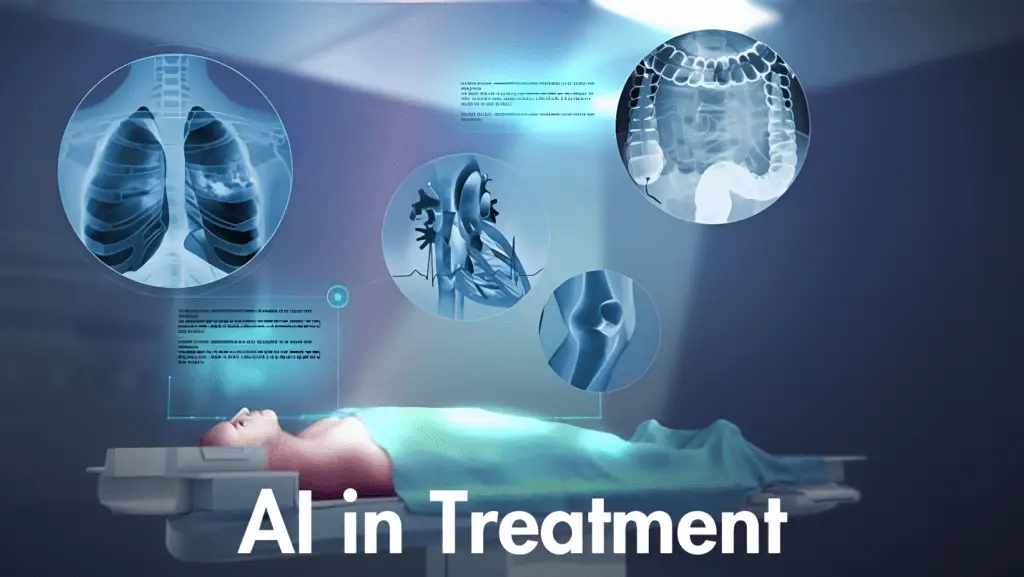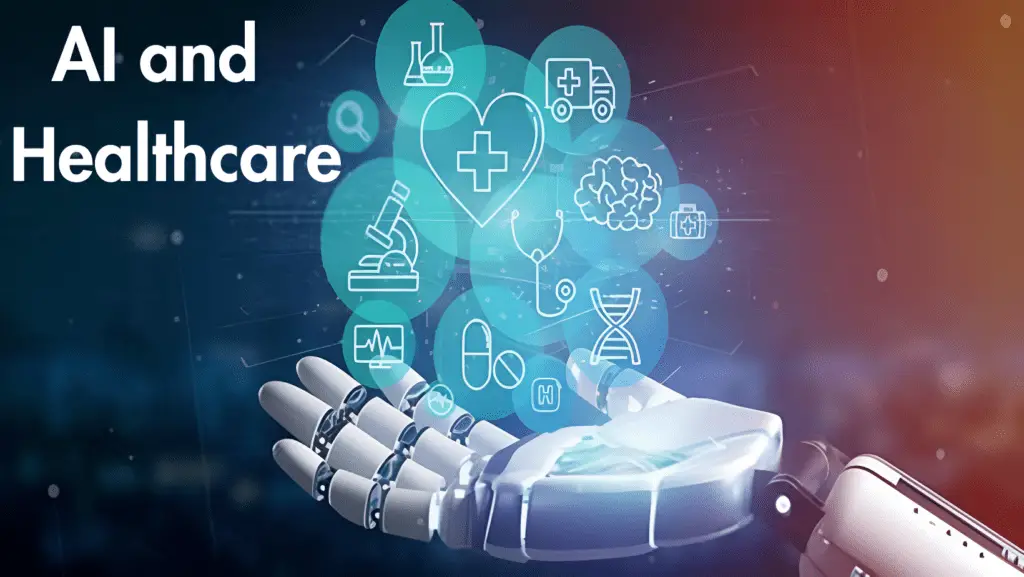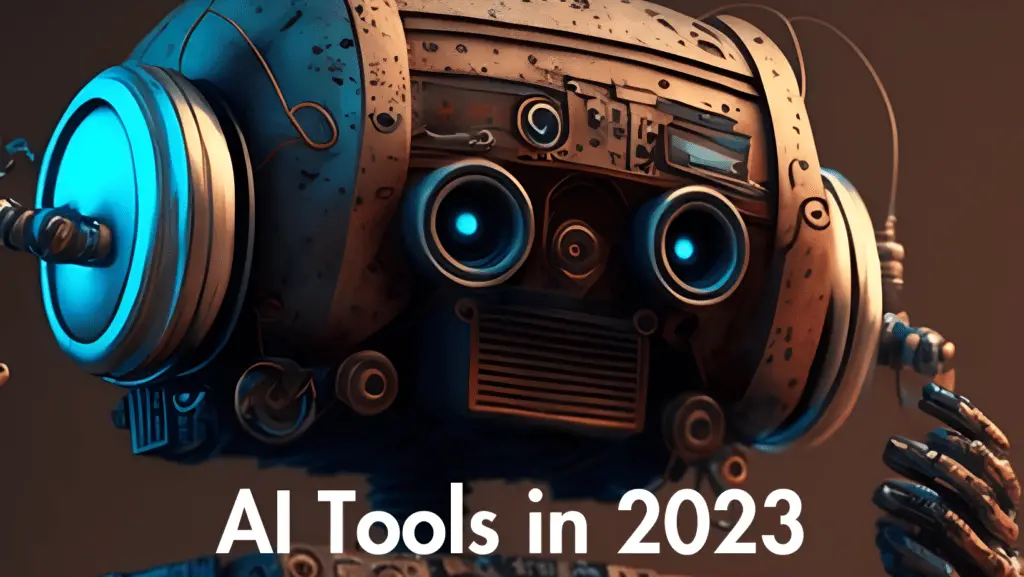Artificial intelligence (AI) has emerged as a powerful tool in various industries, and healthcare is no exception. The integration of AI and healthcare has the potential to revolutionize the medical industry, offering numerous benefits and transforming the way healthcare is delivered. From diagnosis and treatment to patient care and research, AI is reshaping the landscape of healthcare.
In this article, we will explore the transformative role of AI in the medical industry and its impact on patient outcomes and healthcare practices.
AI refers to the simulation of human intelligence in machines that can perform tasks requiring human cognitive abilities. In healthcare, AI systems are designed to analyze vast amounts of data, identify patterns, and make informed decisions.
These systems have the potential to enhance medical practices, improve patient outcomes, and alleviate the burden on healthcare professionals.
AI in Diagnosis

AI algorithms can process medical images, such as X-rays, MRIs, and CT scans, with remarkable accuracy. By leveraging deep learning and computer vision techniques, AI systems can detect abnormalities and assist radiologists in making more accurate diagnoses. This not only speeds up the diagnostic process but also reduces the chances of human error.
Summary:
AI algorithms can analyze medical images with high accuracy, helping radiologists detect abnormalities and improve diagnoses. This speeds up the diagnostic process and reduces the chances of human error.
AI in Treatment

With AI, healthcare providers can develop personalized treatment plans based on individual patient characteristics and medical history. Machine learning algorithms can analyze vast datasets to identify treatment patterns and predict patient responses to specific therapies. This enables healthcare professionals to tailor treatments to each patient, leading to better outcomes and reduced healthcare costs.
Summary:
AI enables personalized treatment plans by analyzing patient data and predicting responses to therapies. This leads to better outcomes and reduced healthcare costs.
AI in Patient Care
AI-powered wearable devices and remote monitoring systems are revolutionizing patient care. These devices can continuously collect and analyze patient data, such as heart rate, blood pressure, and sleep patterns. AI algorithms can detect anomalies and alert healthcare providers in real time, enabling early intervention and proactive healthcare management.
Summary:
AI-powered wearable devices and remote monitoring systems collect and analyze patient data in real time, enabling early intervention and proactive healthcare management.
AI in Research
AI is transforming the field of medical research by accelerating the discovery of new drugs and treatments. Machine learning algorithms can analyze vast amounts of biomedical data and identify potential drug targets. This significantly shortens the drug development process and brings life-saving treatments to patients faster.
Summary:
AI accelerates the discovery of new drugs and treatments by analyzing biomedical data and identifying potential drug targets. This shortens the drug development process and brings treatments to patients faster.
Ethical Considerations
While the integration of AI in healthcare offers immense potential, it also raises ethical concerns. Patient privacy and data security must be carefully addressed to maintain trust in AI systems. Additionally, biases within AI algorithms need to be identified and mitigated to ensure fair and equitable healthcare delivery.
Summary:
The integration of AI in healthcare raises concerns about patient privacy, data security, and algorithmic biases. Addressing these issues is crucial to maintain trust and ensure fair and equitable healthcare delivery.
The Future of AI and Healthcare
The future of AI in healthcare is promising. As technology advances, AI systems will become even more sophisticated, enabling earlier and more accurate diagnoses, personalized treatments, and improved patient care. However, it is crucial to strike a balance between human expertise and AI capabilities to ensure the highest quality of care.
Summary:
AI will continue to advance, enabling earlier and more accurate diagnoses, personalized treatments, and improved patient care. Striking a balance between human expertise and AI capabilities is important for maintaining the highest quality of care.
Conclusion
AI has become a transformative force in the medical industry, revolutionizing healthcare practices and improving patient outcomes. From diagnosis and treatment to patient care and research, AI is reshaping every aspect of healthcare delivery.
While ethical considerations and challenges persist, the potential benefits of AI in healthcare are undeniable.
FAQs
How does AI improve diagnosis in healthcare?
AI algorithms can analyze medical images and detect abnormalities with remarkable accuracy, assisting healthcare professionals in making more accurate diagnoses.
Can AI be used to develop personalized treatments?
Yes, AI can analyze vast datasets and identify treatment patterns to develop personalized treatment plans based on individual patient characteristics and medical history.
What role does AI play in patient care?
AI-powered wearable devices and remote monitoring systems can continuously collect and analyze patient data, enabling proactive healthcare management and early intervention.
How is AI accelerating medical research?
AI algorithms can analyze vast amounts of biomedical data, accelerating the discovery of new drugs and treatments and shortening the drug development process.
What are the ethical considerations of AI in healthcare?
Ethical considerations include patient privacy, data security, biases within AI algorithms, and maintaining trust in AI systems.




